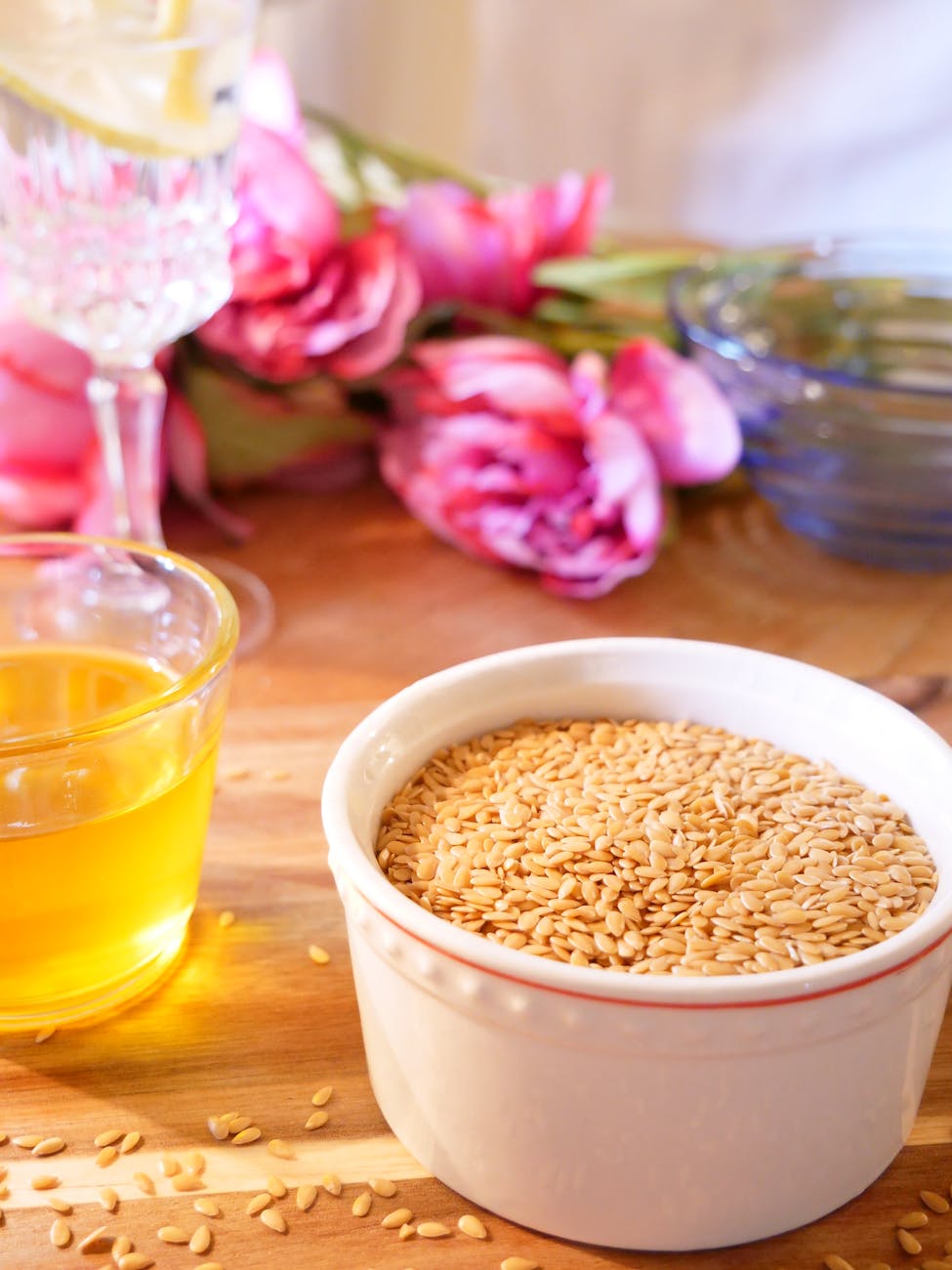
Carrots, with their vibrant color and rich nutritional profile, are widely enjoyed as a delicious and healthy vegetable. For individuals with diabetes, understanding the impact of carrots on blood sugar levels is crucial for effectively managing their condition. In this comprehensive guide, we will delve into the relationship between carrots and diabetes, exploring whether they are suitable for diabetics and how they can be incorporated into a diabetic-friendly diet.
Are Carrots Good for Diabetics?
Carrots offer numerous health benefits for everyone, including individuals with diabetes. However, due to their carbohydrate content, they are a point of consideration for diabetics. Let’s explore why carrots can still be a valuable addition to a diabetic diet:
1. Rich in Nutrients: Carrots are packed with essential nutrients, including beta-carotene, vitamin A, vitamin K, and potassium. These nutrients play a vital role in supporting overall health and well-being.
2. Dietary Fiber: Carrots are an excellent source of dietary fiber, which is beneficial for diabetics. Fiber helps slow down the absorption of sugar and promotes better blood glucose control.
3. Low in Calories: Carrots are relatively low in calories, making them a guilt-free addition to meals and snacks. They can be a satisfying and nutrient-dense option for those looking to manage their weight.
However, it’s essential to be mindful of the carbohydrate content in carrots. They contain natural sugars and carbohydrates that can potentially impact blood sugar levels.
Are Carrots High in Sugar for Diabetes?
Maintaining stable blood sugar levels is a top priority for individuals with diabetes. Understanding the potential impact of carrots on blood sugar is key to managing diabetes effectively:
1. Glycemic Index (GI): The glycemic index (GI) of carrots is moderate. This means that they can cause a gradual and steady rise in blood glucose levels. However, the GI of carrots can vary depending on their preparation and how they are consumed.
2. Portion Control: Like any carbohydrate-containing food, portion control is essential when including carrots in a diabetic meal plan. Be mindful of the serving size to avoid rapid spikes in blood sugar.
3. Balance with Other Foods: Pairing carrots with sources of protein, healthy fats, and other non-starchy vegetables can help slow down the absorption of carbohydrates. This can contribute to better blood glucose management and reduce the impact of carrots on blood sugar.
4. Individual Sensitivity: Every individual may respond differently to foods, including carrots. Some diabetics may be more sensitive to certain carbohydrates than others, so monitoring blood sugar levels after consuming carrots is crucial.
Carrots in a Diabetic Diet
Incorporating carrots into a diabetic-friendly diet can provide various health benefits. Here are some practical tips for doing so:
1. Moderation: Enjoy carrots in moderation, keeping an eye on the overall carbohydrate intake. Work with a registered dietitian to determine the appropriate portion sizes for your individual needs.
2. Meal Planning: Include carrots as part of a balanced meal that consists of lean proteins, healthy fats, and non-starchy vegetables. This combination helps stabilize blood sugar levels and promotes overall well-being.
3. Cooking Methods: Opt for healthier cooking methods such as roasting, steaming, or sautéing rather than frying. These methods retain the nutrients in carrots and minimize the use of added fats.
Comparing Carrots to Other Vegetables for Diabetics
When it comes to choosing vegetables for a diabetic diet, it’s essential to consider their impact on blood sugar levels. Let’s compare carrots to other vegetables commonly included in diabetic meal plans:
1. Carrots vs. Potatoes: Carrots have a lower glycemic index compared to potatoes, which means they have a milder effect on blood sugar levels. In general, carrots can be a better option for diabetics looking to manage their blood sugar.
2. Carrots vs. Beets: Beets, like carrots, are nutrient-dense and contain natural sugars. However, beets have a slightly higher glycemic index than carrots. Moderation is key when incorporating beets into a diabetic meal plan.
3. Carrots vs. Sweet Potatoes: Sweet potatoes have a higher glycemic index compared to regular potatoes and carrots. While they can still be included in a diabetic diet, portion control and pairing with other foods are essential.
is carrot and beetroot good for diabetes?
Both carrots and beetroot offer unique health benefits for individuals with diabetes. Here are some potential advantages of including these vegetables in a diabetic-friendly diet:
1. Antioxidant Properties: Carrots and beetroot are rich in antioxidants, such as beta-carotene and betalains, which help combat oxidative stress and inflammation often associated with diabetes.
2. Heart Health: The dietary fiber and potassium in carrots and beetroot can contribute to heart health by supporting healthy blood pressure and cholesterol levels.
3. Eye Health: Carrots, known for their high vitamin A content, are beneficial for maintaining good vision. Additionally, beetroot contains lutein and zeaxanthin, which are essential for eye health.
How Many Carrots Can a Diabetic Eat a Day?
The recommended daily intake of carrots for diabetics can vary based on individual factors such as age, weight, activity level, and overall health. As with any food, moderation is key to maintaining stable blood sugar levels. Here are some general guidelines for portion sizes:
- Carbohydrate Count: One medium-sized carrot contains approximately 4-5 grams of carbohydrates. For individuals who follow a carbohydrate counting method to manage their diabetes, this can be considered as one serving of carbohydrates.
- Listen to Your Body: Pay attention to how your body responds to carrots. Some individuals may be more sensitive to carbohydrates, while others may tolerate them well. Monitor your blood sugar levels after consuming carrots to understand their impact on your blood glucose.
- Balance with Other Foods: When including carrots in your meals, pair them with other foods that provide protein, healthy fats, and fiber. This combination can help slow down the absorption of carbohydrates and minimize blood sugar spikes.
- Meal Planning: Work with a registered dietitian or healthcare professional to create a personalized meal plan that incorporates carrots and other nutritious foods while supporting your blood sugar management goals.
Can You Eat Carrots for Type 2 Diabetes? Understanding the Impact
Yes, you can eat carrots in type 2 diabetes. Carrots are a nutritious vegetable that can be included in a diabetic meal plan. They have a low glycemic index, which means they have a minimal impact on blood sugar levels when consumed in moderation. Carrots are also rich in fiber, which helps regulate blood sugar and prevent rapid spikes. However, it’s essential to practice portion control and include carrots as part of a balanced meal to manage blood glucose effectively. As always, consult with your healthcare professional for personalized dietary advice.
Let’s explore how carrots can play a role in supporting individuals with type 2 diabetes:
1. Rich in Fiber:
- Carrots are a fantastic source of dietary fiber, which slows down the absorption of sugar in the bloodstream. This gradual release of sugar helps prevent sudden spikes in blood glucose levels.
2. Low Glycemic Index (GI):
- The glycemic index of carrots is relatively low, meaning they have a gentle impact on blood sugar levels. Consuming foods with a low GI is beneficial for individuals with type 2 diabetes.
3. Loaded with Nutrients:
- Carrots are a nutritional powerhouse, providing essential vitamins and minerals. They are rich in vitamin A, vitamin C, potassium, and antioxidants, contributing to overall health and well-being.
4. Portion Control:
- While carrots offer numerous health benefits, it’s crucial to practice portion control. Eating large quantities of carrots may lead to a higher intake of carbohydrates, which can affect blood sugar levels.
Frequently Asked Questions (FAQs) About Carrots and Diabetes
1. Are Carrots Good for Diabetics?
- Carrots can be included in a diabetic meal plan due to their low glycemic index and fiber content. They are a nutritious addition when consumed in moderation.
2. Can You Eat Carrots on a Diabetic Diet?
- Yes, you can eat carrots on a diabetic diet. Be mindful of portion sizes and pair them with other non-starchy vegetables and lean proteins for balanced meals.
3. How Many Carrots Can a Diabetic Eat a Day?
- There is no specific limit on the number of carrots a diabetic can eat. However, practicing portion control and considering your overall carbohydrate intake is essential for blood sugar management.
4. Do Carrots Raise Blood Sugar Levels?
- Carrots have a low glycemic index and contain fiber, which slows down the release of sugars into the bloodstream. As a result, they have a minimal impact on blood sugar levels when eaten in moderation.
5. Are Carrots High in Sugar for Diabetes?
- Carrots contain natural sugars, but they are not considered high in sugar, especially when compared to sugary snacks and desserts. Their fiber content helps regulate blood sugar levels.
6. How to Incorporate Carrots into a Diabetic-Friendly Diet?
- Include carrots in balanced meals with proteins and healthy fats. Enjoy carrot sticks as a snack or blend them into smoothies with greens and Greek yogurt.
7. Are Raw Carrots Good for Diabetics?
- Raw carrots are a nutritious choice for diabetics due to their fiber content and low glycemic index. They can be enjoyed as a crunchy and satisfying snack.
8. Can Diabetics Have Carrots and Beets?
- Both carrots and beets can be part of a diabetic meal plan. Monitor portion sizes and be mindful of overall carbohydrate intake.
9. What Is the GI Index of Carrots?
- Carrots have a moderate glycemic index, which means they have a gradual effect on blood sugar levels.
10. Are Carrots Bad for Diabetes?
- Carrots are not bad for diabetes when consumed in appropriate portions. They offer valuable nutrients and can be part of a balanced diet.
Conclusion about Carrots: A Diabetic-Friendly Delight
Incorporate carrots into your diabetic meal plan for a nutritious and low-sugar option. With their low glycemic index and fiber content, carrots support stable blood sugar levels. From crunchy snacks to delicious smoothies, enjoy the health benefits of carrots while managing diabetes. Remember to consult professionals for personalized guidance, and savor the natural goodness of this vibrant vegetable on your health journey. Embrace carrots for a diabetic-friendly delight!
Remember, individual responses to food may vary, so it’s essential to work with a healthcare professional or registered dietitian to tailor your dietary choices to your specific needs and health goals.
Blog Tags: Carrots and Diabetes, Diabetic-Friendly Foods, Managing Blood Sugar, Diabetes Diet, Carrot Nutrition, Healthy Eating with Diabetes, Blood Sugar Management, Diabetic Meal Planning, Low-Glycemic Vegetables.














